Non-Compete / Exclusivity Agreement


Senior employees are likely to have influence over customers and clients and access to key confidential information relating to the company's operations. A measure of protection is provided at common law by:
But the employer will typically be looking for wider protection than this, which is where express post-termination restrictive covenants come in. A company may not take post-termination covenants which are designed merely to prevent competition (be careful not to refer to them as Non-compete clauses in the Employment contract but instead as Restrictive Covenants). Such covenants will be in restraint of trade and void. A court will, however, enforce (typically by injunction) a restriction that protects a legitimate business interest and which has been drawn no wider than strictly necessary to provide reasonable protection of the legitimate business interest. The accepted categories of protectable business interest are:
What is reasonable protection of an identified business interest will depend on the individual circumstances of each case. The main types of restrictive covenant are:
Garden leave describes the situation where the employer suspends the employee from work during his notice period and sends him "home to tend his garden". Normally, an employee will be placed on garden leave where he has indicated that he will be leaving to join a competitor. To enforce a garden leave clause it is generally necessary to demonstrate a significant risk of damage to customer connection and/or confidential information. However, if the period of garden leave is long, this may affect the enforceability of the covenants. Consideration should be given to offsetting any time spent on gardening leave against the period for which the covenant will be enforced.
An exclusivity agreement is used to ensure that the other party of the exclusivity agreement only deals with the first party as the sole supplier/purchaser, or only negotiates with the first party on a transaction over a period of time. The purpose of an exclusivity agreement is to protect one party from having its customer/supplier/counterparty going to another party who may offer a better price or more favourable terms. The exclusive agreement can be mutual, for example, the buyer agrees only to buy the goods from the seller, and the seller agrees to only supply the goods to the buyer.
In competition law, an exclusive agreement refers to an arrangement where a retailer or wholesaler “binds” to purchase from a supplier, provided that no other distributor is designated or accepted in a designated area. When the point of sale is owned by the supplier, the exclusive transaction is due to vertical integration. It may be illegal for the point of sale to be an independent exclusive transaction due to restrictive trade practice laws, but registration and approval are allowed. Exclusive agreements can be a barrier to entry.
Not the right document?
Don’t worry, we have thousands of documents for you to choose from:
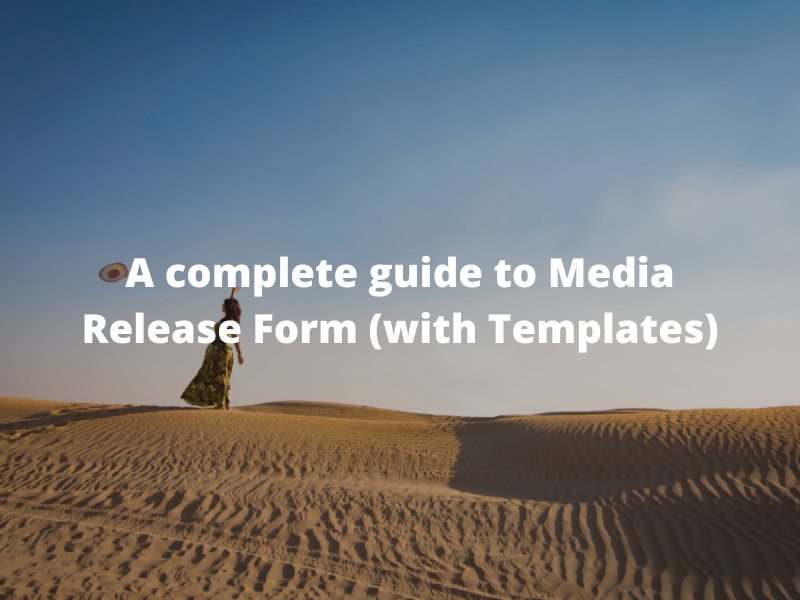
10 Jun 2022
6 min read
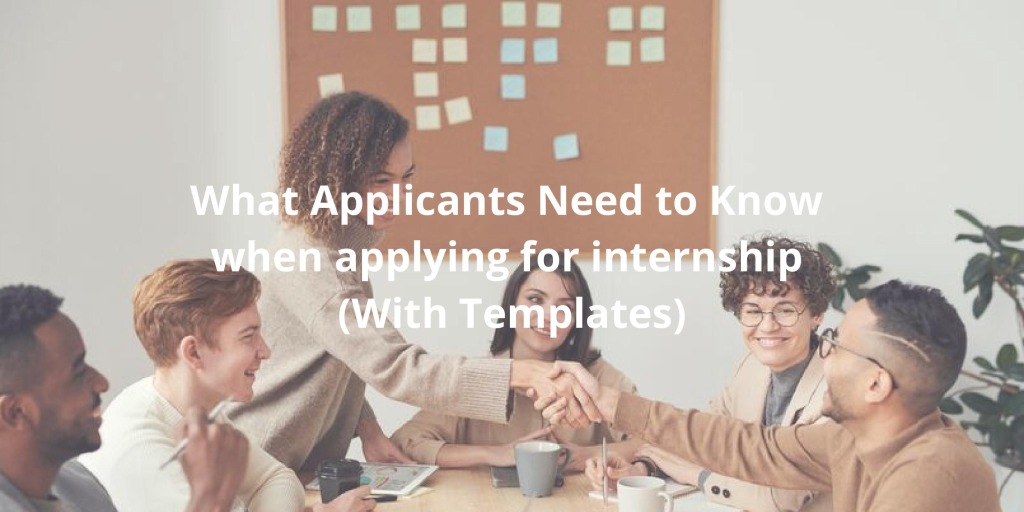
2 Jun 2022
6 min read
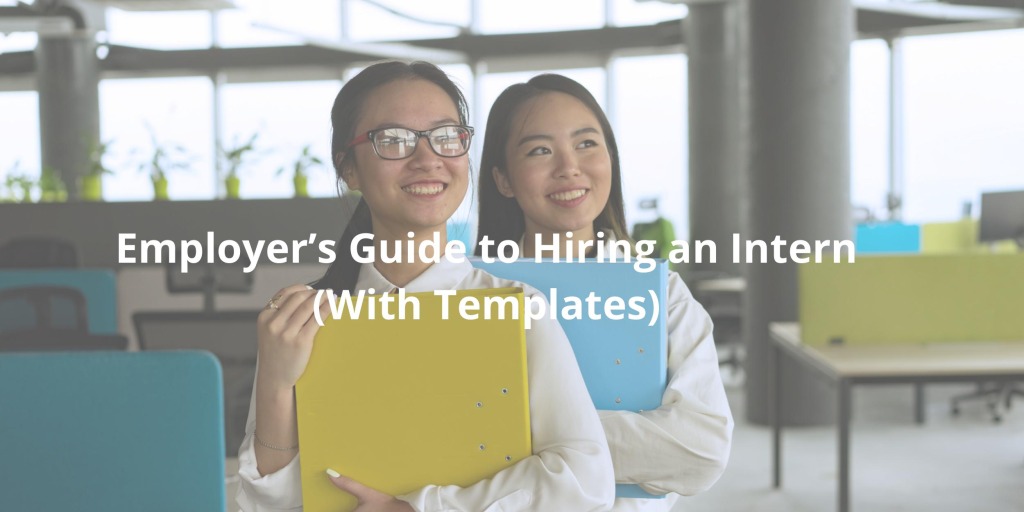
27 May 2022
6 min read

20 May 2022
6 min read

9 May 2022
6 min read
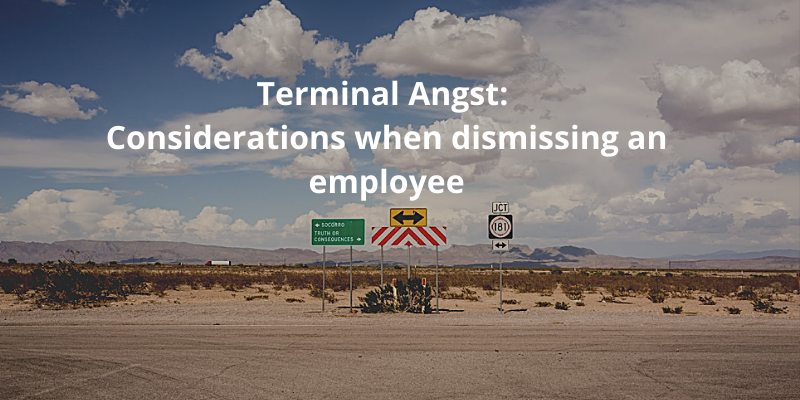
3 May 2022
3 min read
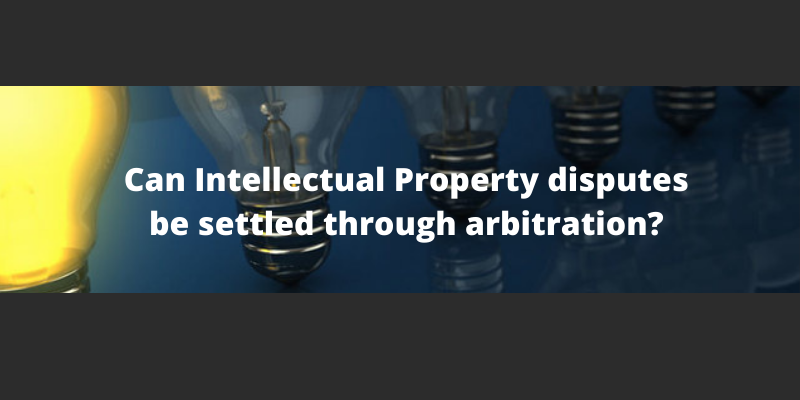
25 Apr 2022
5 min read

31 Mar 2022
1 min read

29 Mar 2022
1 min read

20 Mar 2022
6 min read
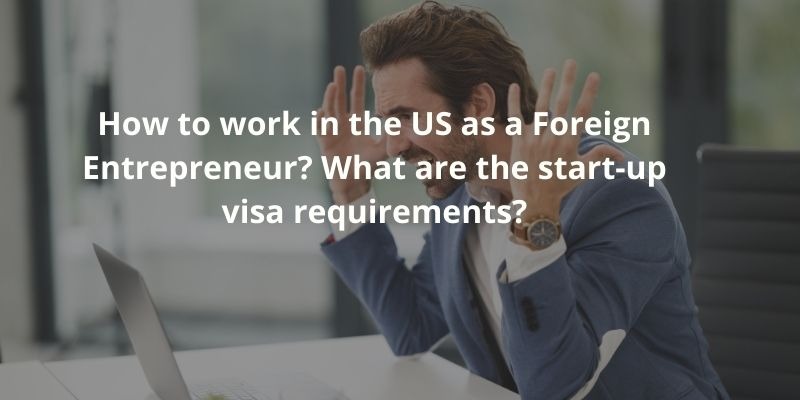
12 Mar 2022
5 min read
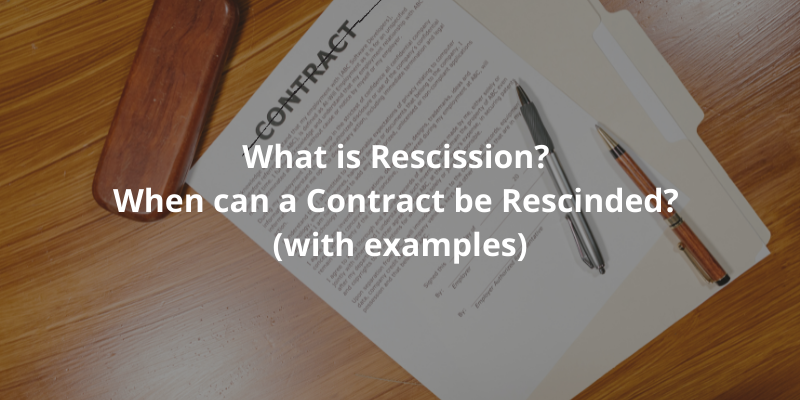
21 Feb 2022
5 min read

31 Jan 2022
5 min read
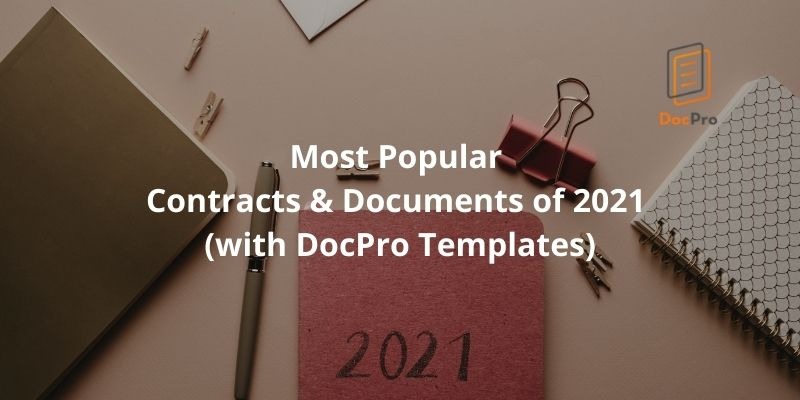
13 Jan 2022
4 min read

3 Jan 2022
5 min read
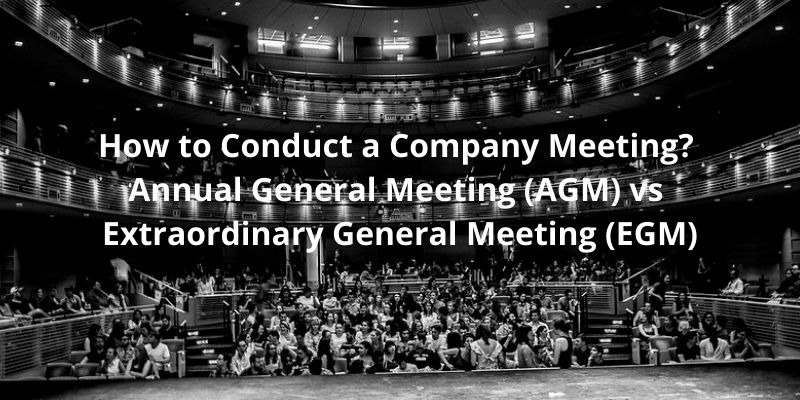
7 Dec 2021
11 min read
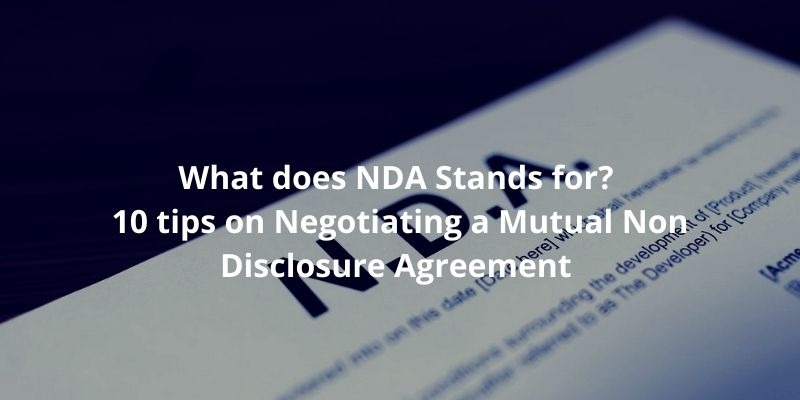
14 Nov 2021
6 min read
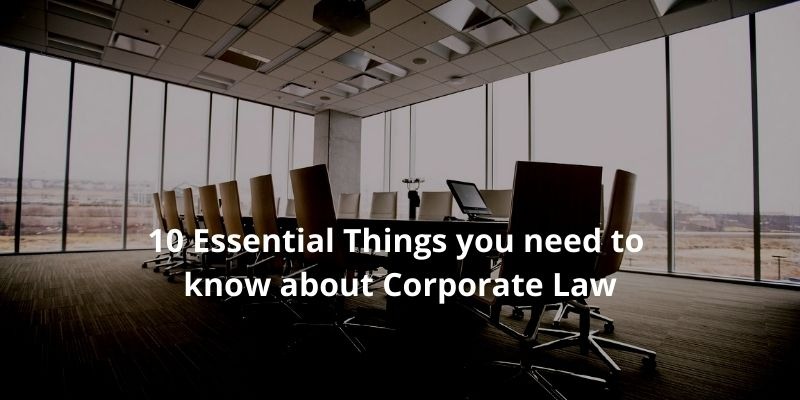
1 Nov 2021
9 min read

21 Oct 2021
1 min read
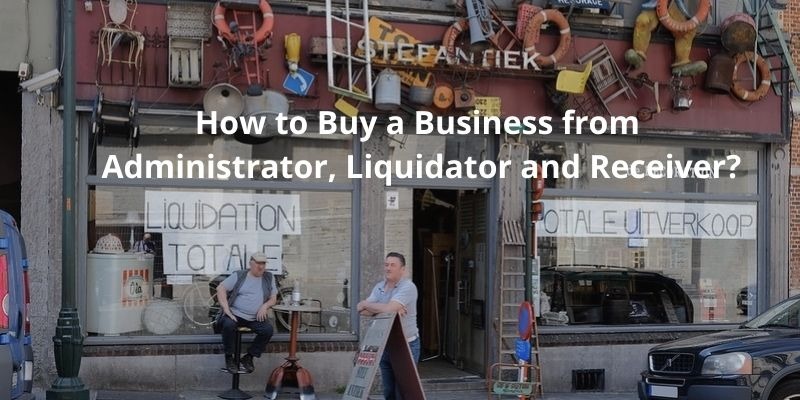
17 Oct 2021
7 min read
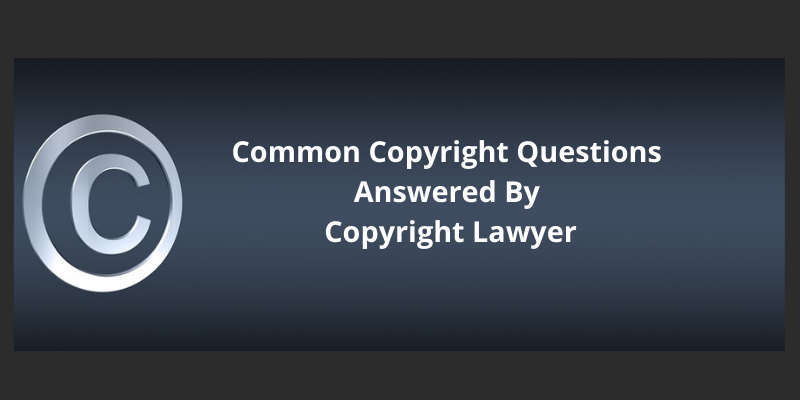
7 Oct 2021
12 min read

16 Sep 2021
4 min read
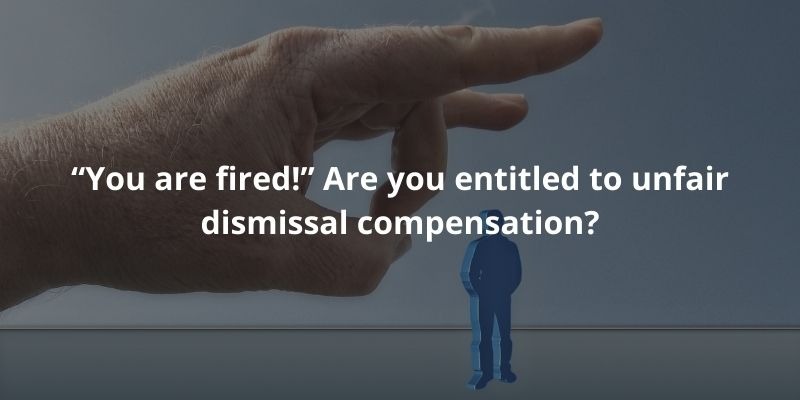
14 Sep 2021
5 min read
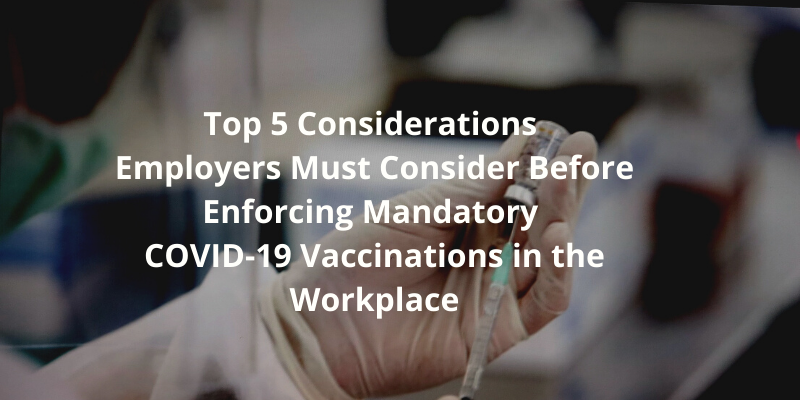
10 Sep 2021
3 min read

31 Aug 2021
4 min read
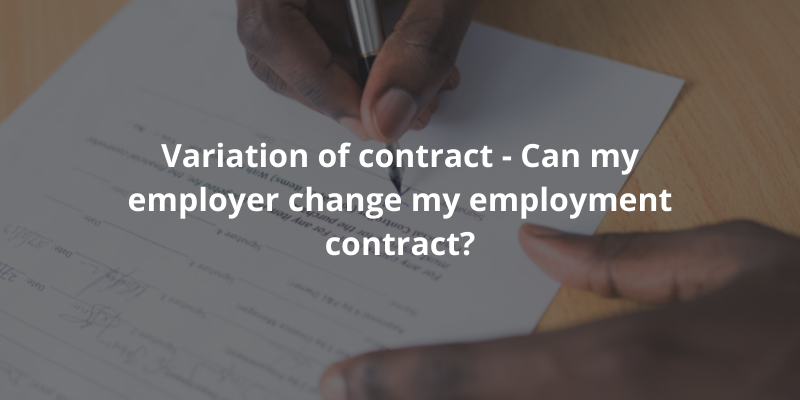
23 Aug 2021
3 min read
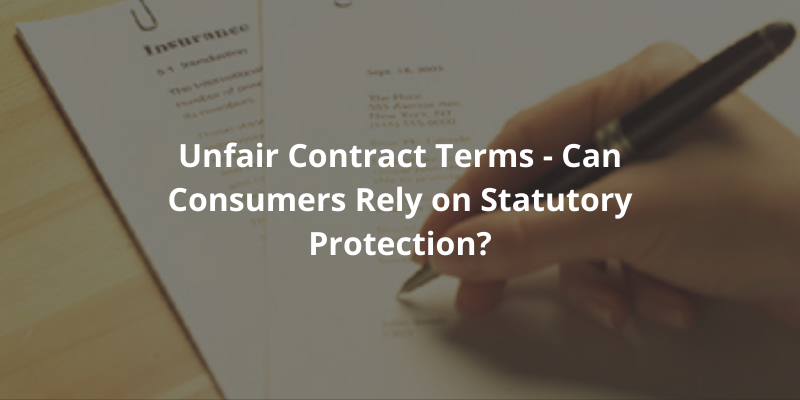
16 Aug 2021
5 min read

30 Jul 2021
6 min read
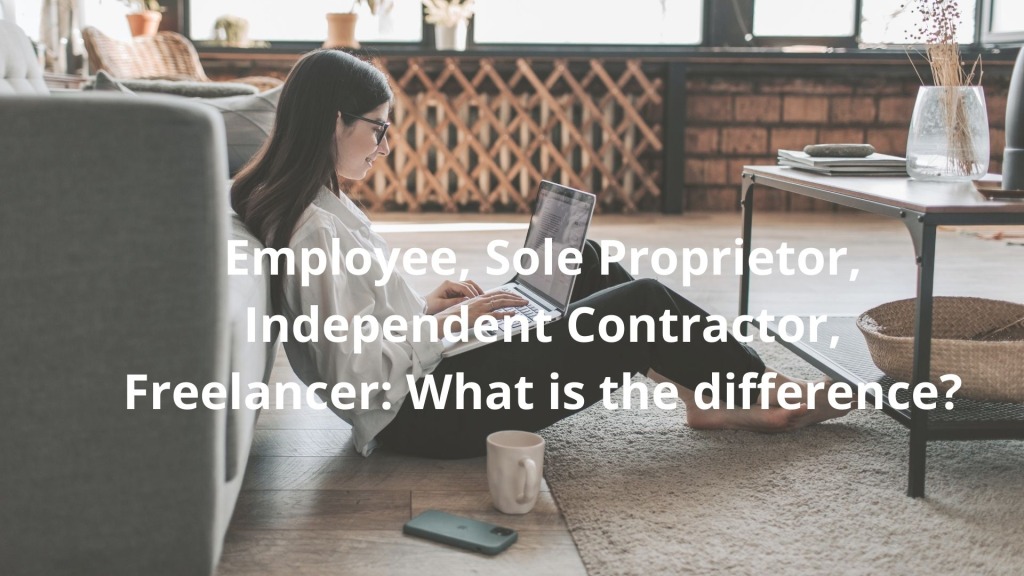
23 Jul 2021
7 min read
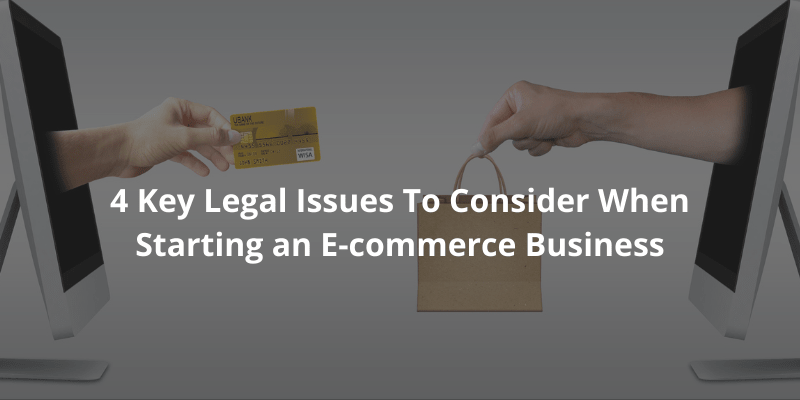
13 Jul 2021
5 min read
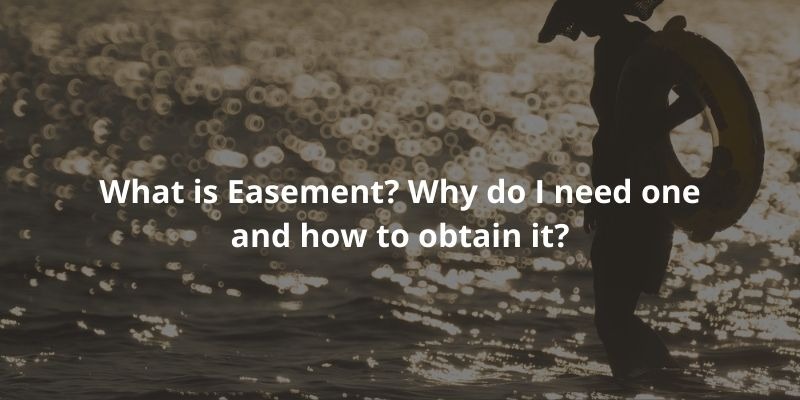
2 Jul 2021
5 min read

24 Jun 2021
5 min read

15 Jun 2021
4 min read
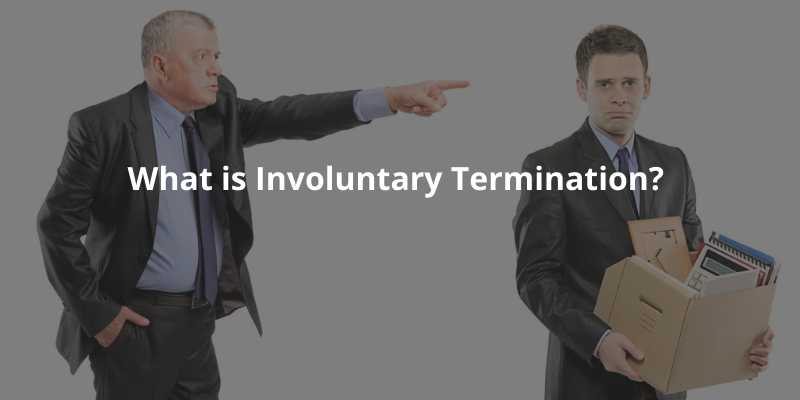
4 Jun 2021
6 min read

28 May 2021
5 min read
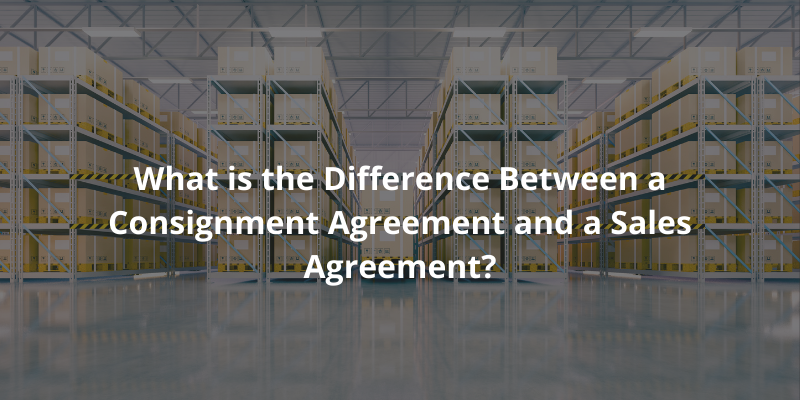
21 May 2021
5 min read

14 May 2021
5 min read

7 May 2021
5 min read

30 Apr 2021
5 min read
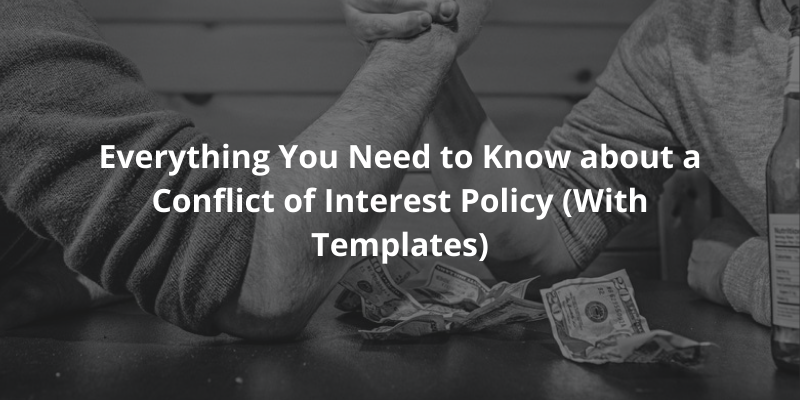
23 Apr 2021
5 min read

16 Apr 2021
5 min read
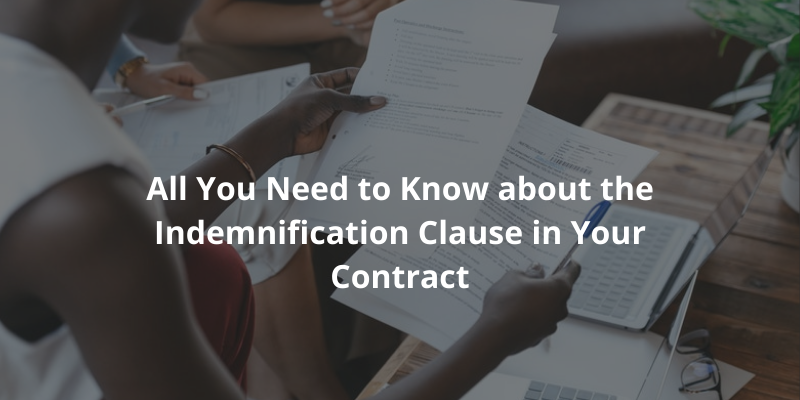
9 Apr 2021
5 min read

1 Apr 2021
5 min read

26 Mar 2021
4 min read

19 Mar 2021
5 min read

12 Mar 2021
5 min read
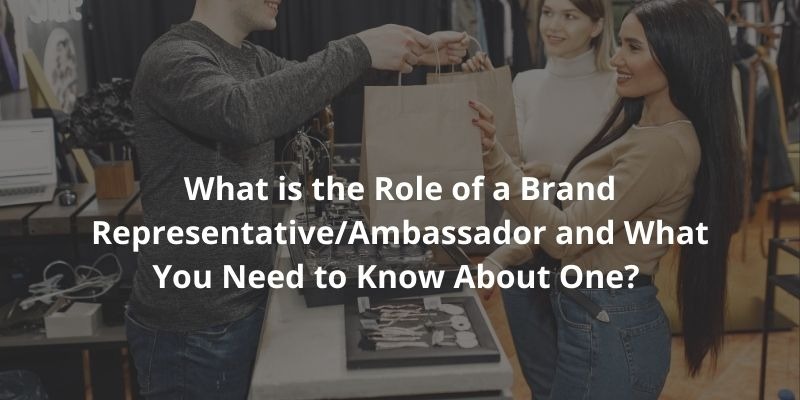
5 Mar 2021
6 min read
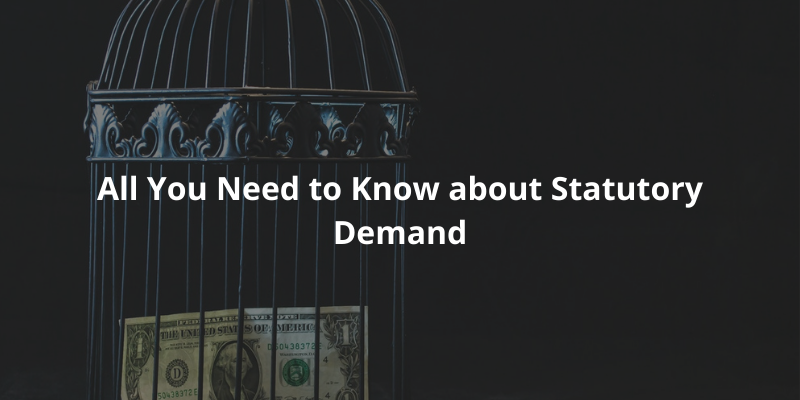
26 Feb 2021
5 min read
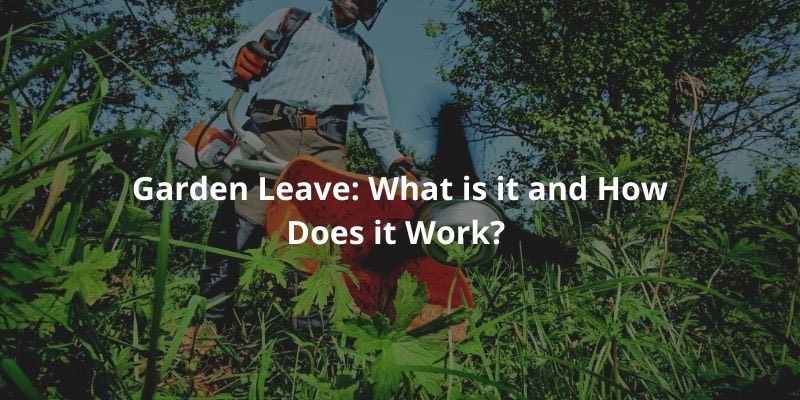
19 Feb 2021
6 min read

11 Feb 2021
5 min read

29 Jan 2021
6 min read
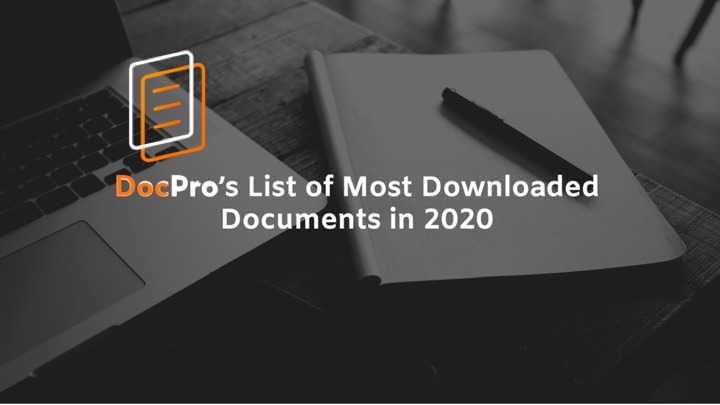
29 Jan 2021
3 min read
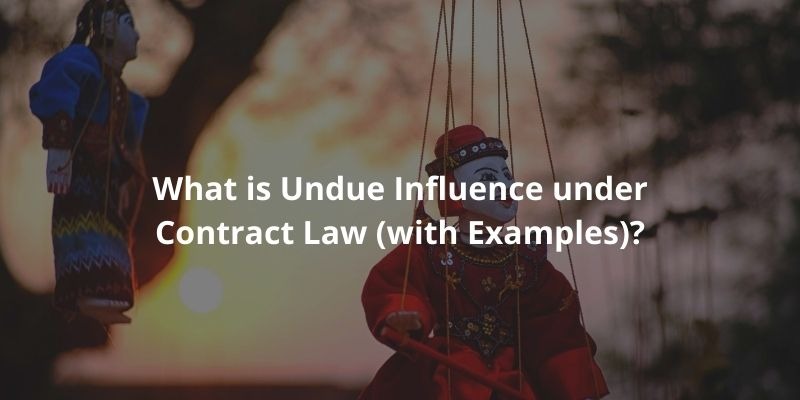
22 Jan 2021
6 min read
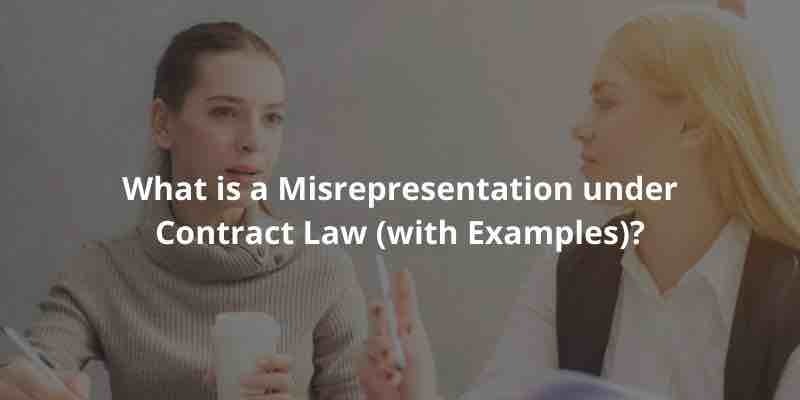
15 Jan 2021
6 min read

8 Jan 2021
6 min read
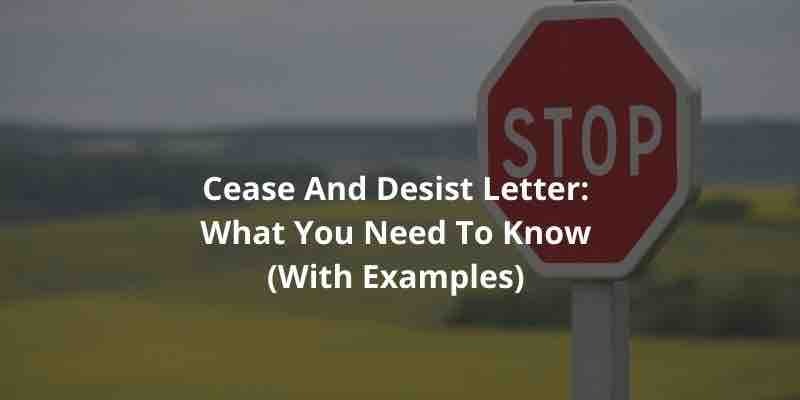
31 Dec 2020
6 min read

24 Dec 2020
0 min read

24 Dec 2020
7 min read
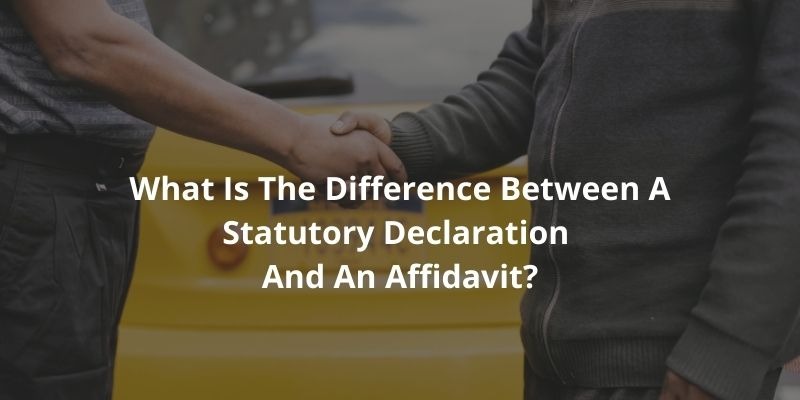
18 Dec 2020
6 min read

11 Dec 2020
6 min read

4 Dec 2020
6 min read
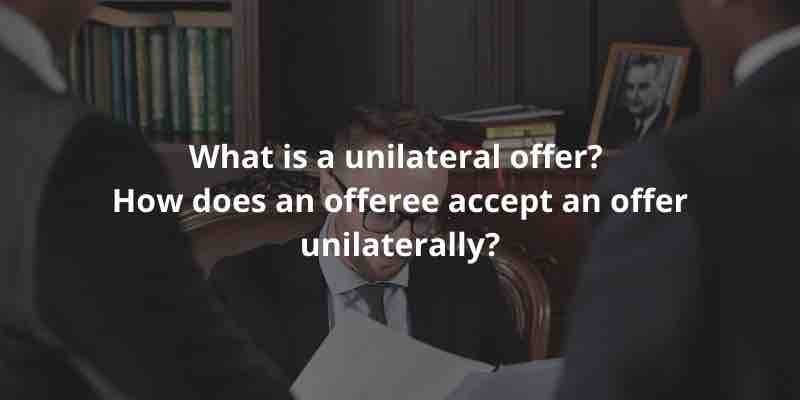
27 Nov 2020
6 min read
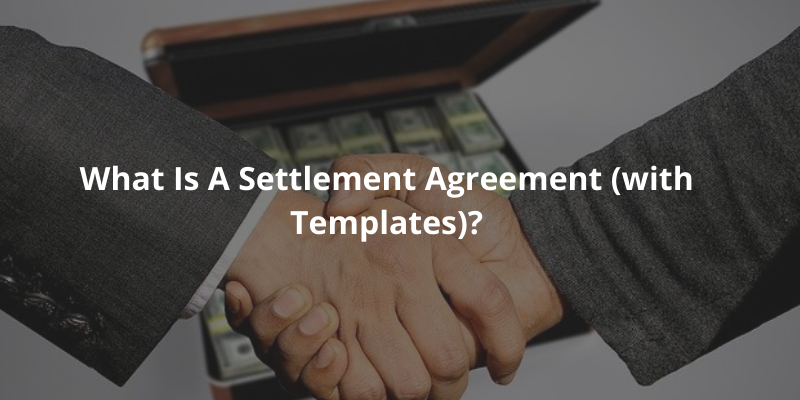
27 Nov 2020
7 min read
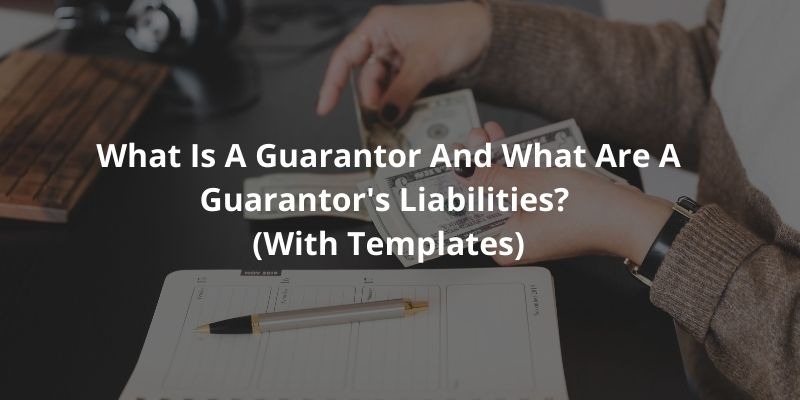
22 Nov 2020
7 min read
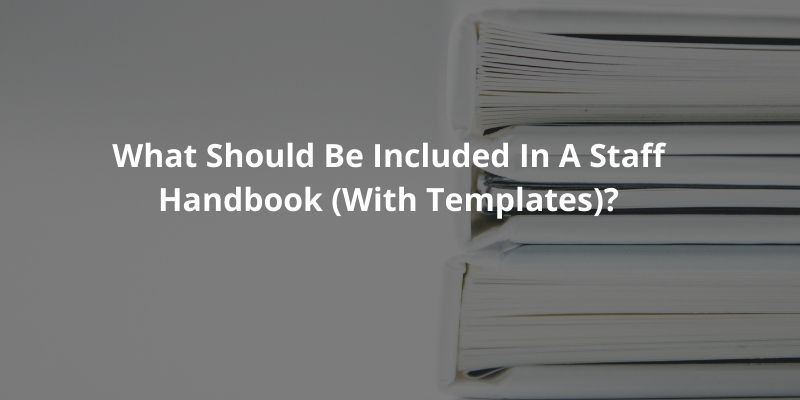
13 Nov 2020
8 min read
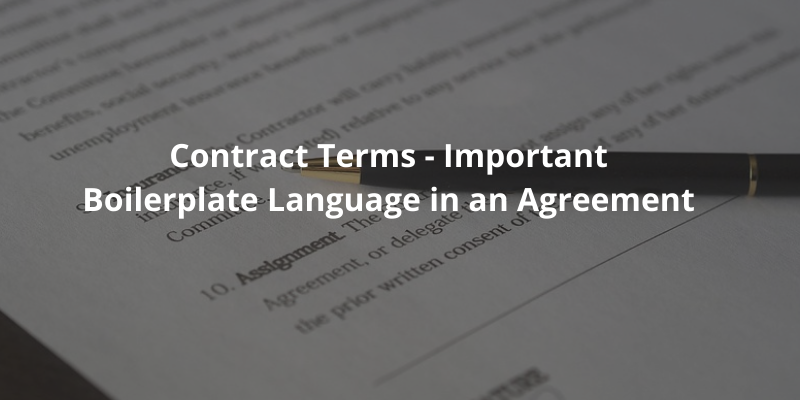
12 Nov 2020
8 min read
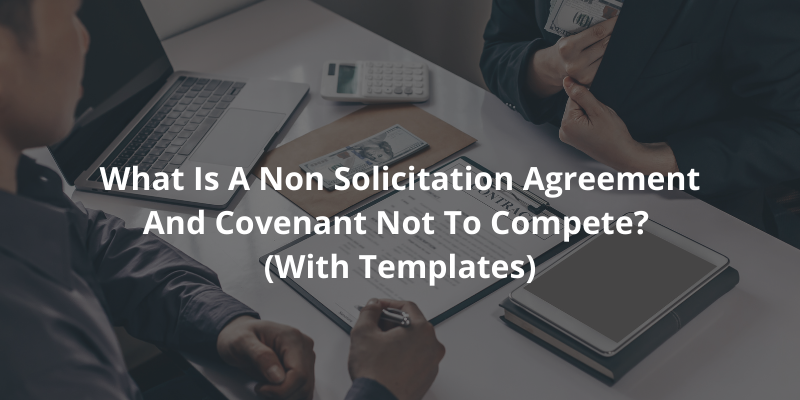
7 Nov 2020
8 min read

5 Nov 2020
6 min read
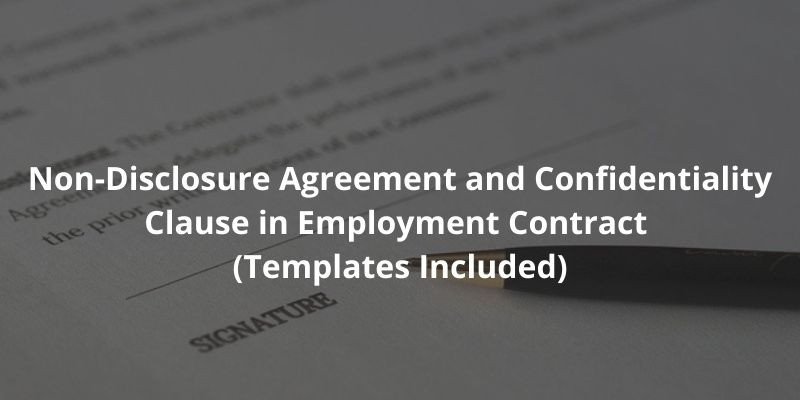
30 Oct 2020
7 min read
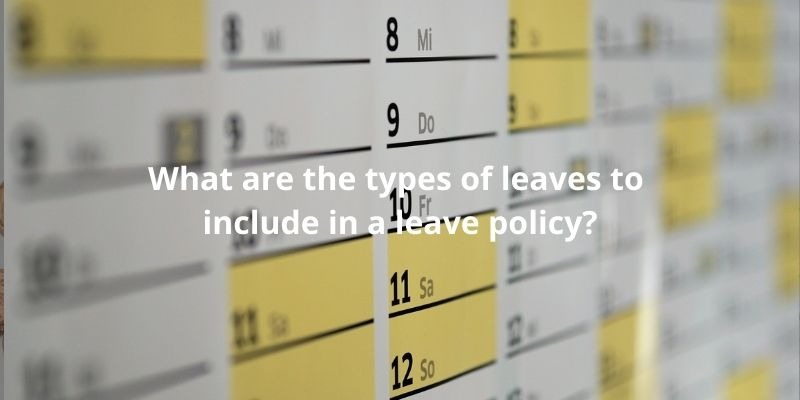
29 Oct 2020
8 min read

23 Oct 2020
7 min read
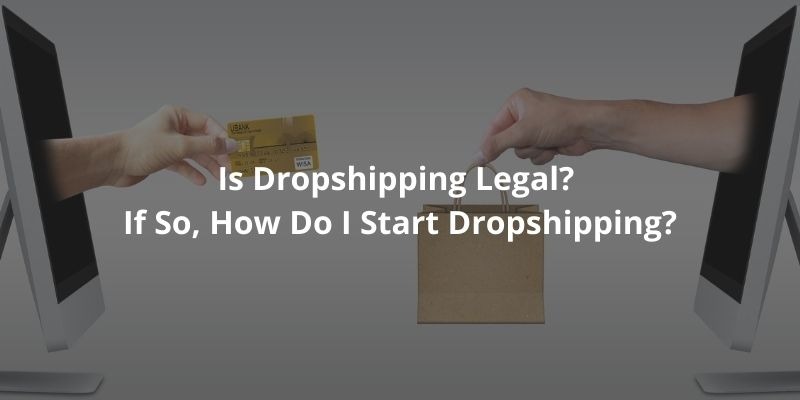
19 Oct 2020
8 min read
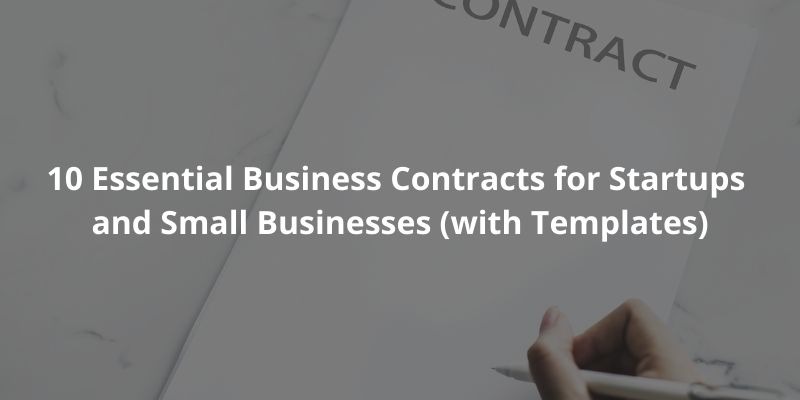
16 Oct 2020
10 min read
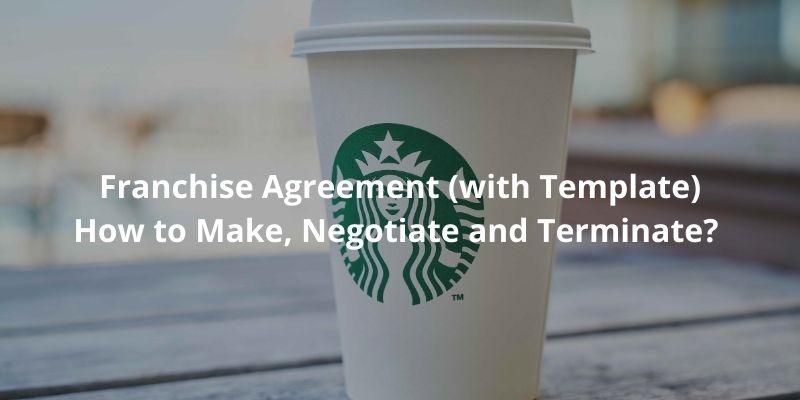
7 Oct 2020
9 min read
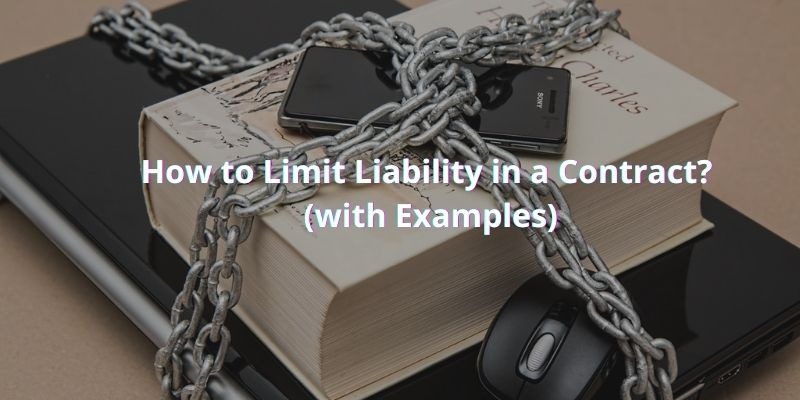
28 Sep 2020
8 min read

18 Sep 2020
7 min read
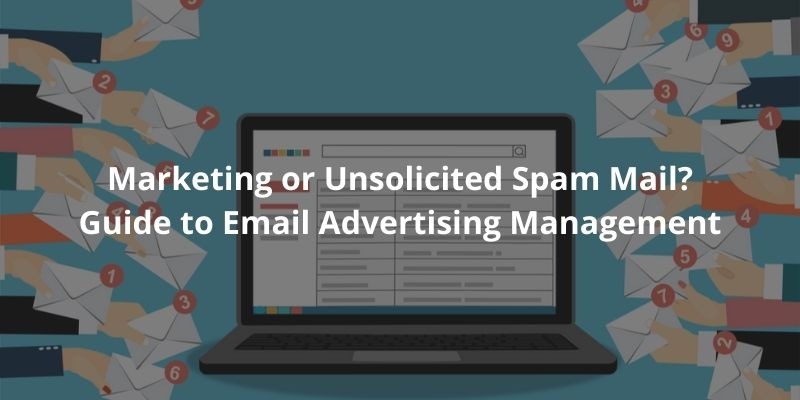
9 Sep 2020
7 min read
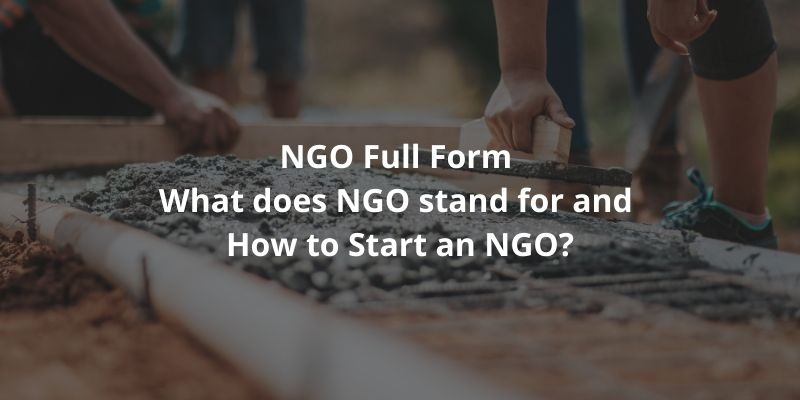
3 Sep 2020
7 min read

27 Aug 2020
8 min read
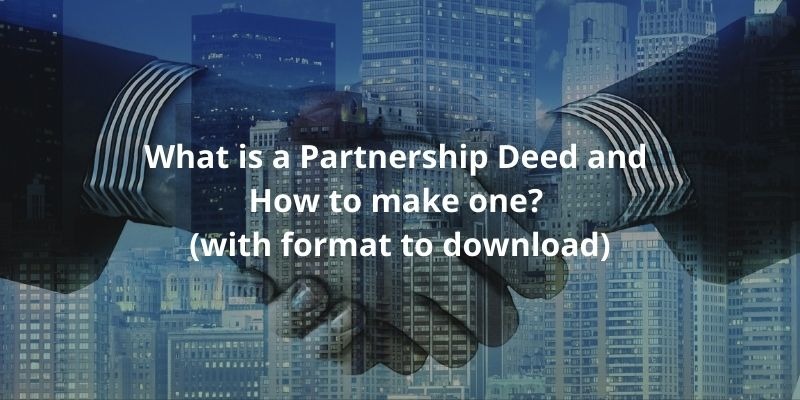
27 Aug 2020
9 min read

19 Aug 2020
8 min read

17 Aug 2020
8 min read

11 Aug 2020
8 min read

11 Aug 2020
8 min read
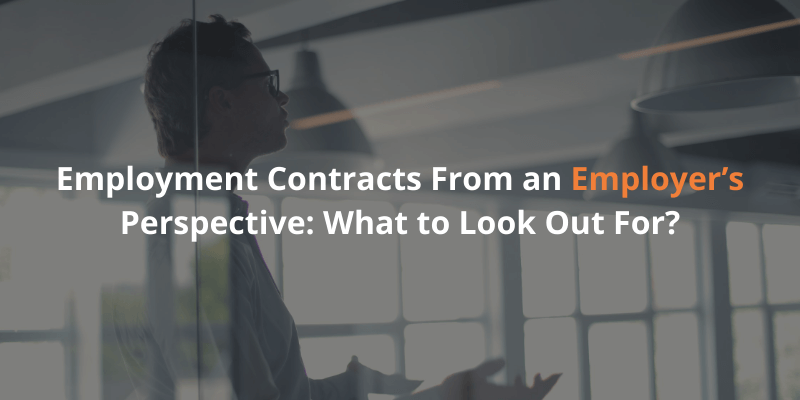
10 Aug 2020
11 min read

10 Aug 2020
9 min read

7 Aug 2020
9 min read

4 Aug 2020
9 min read
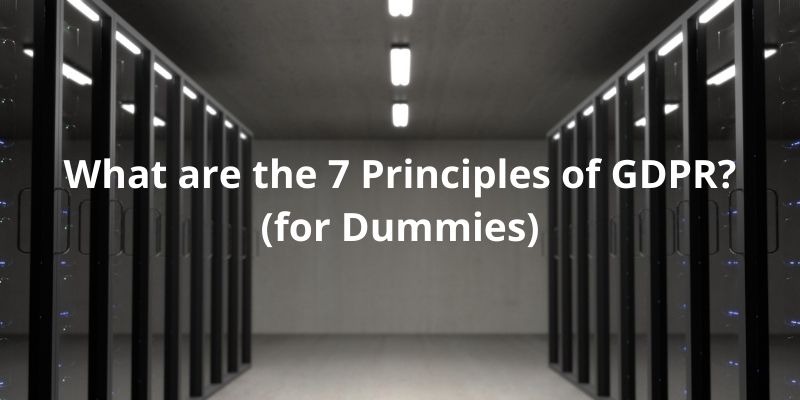
3 Aug 2020
10 min read
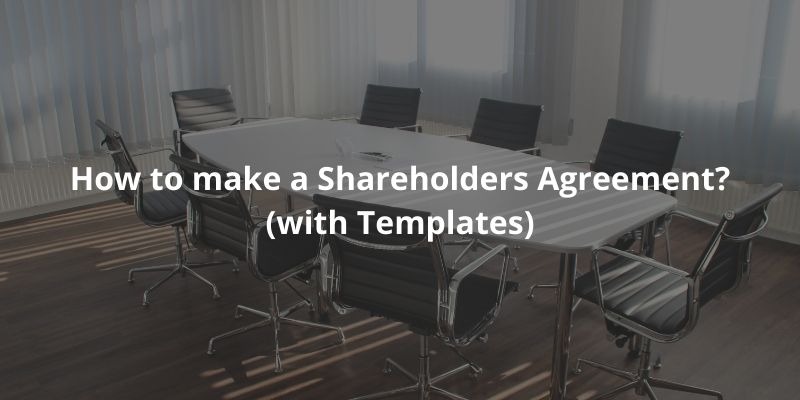
23 Jul 2020
8 min read

23 Jul 2020
8 min read

12 Jul 2020
8 min read
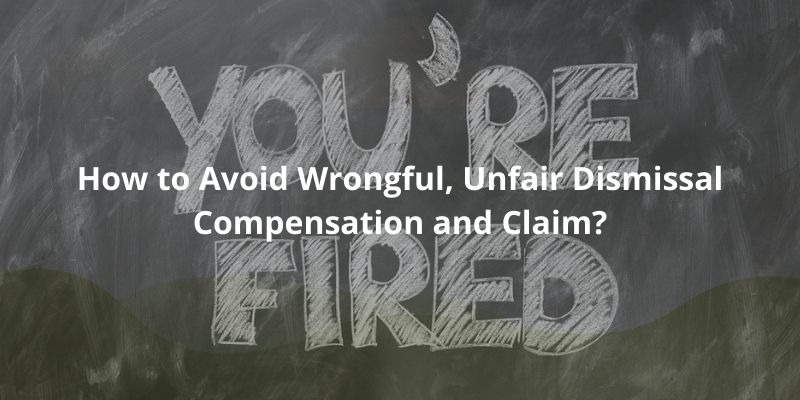
5 Jul 2020
7 min read
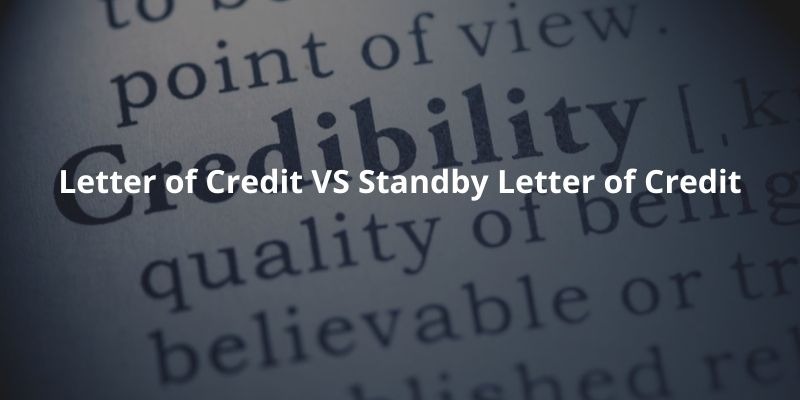
25 Jun 2020
7 min read
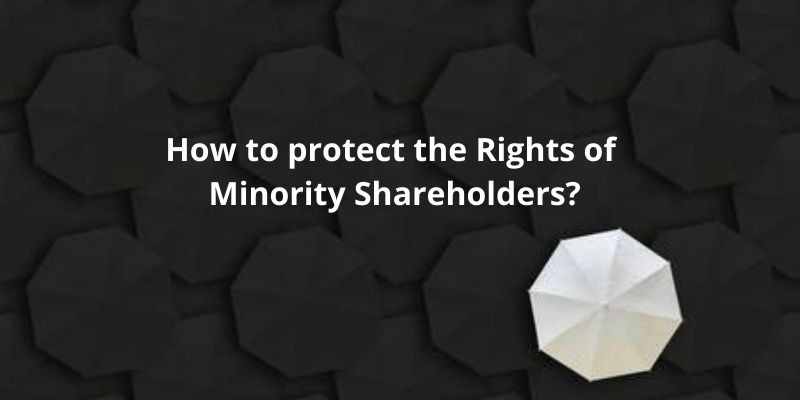
12 Jun 2020
9 min read
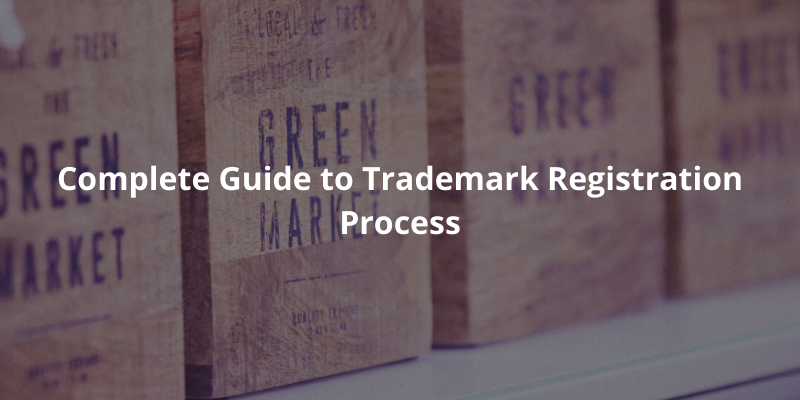
11 Jun 2020
9 min read
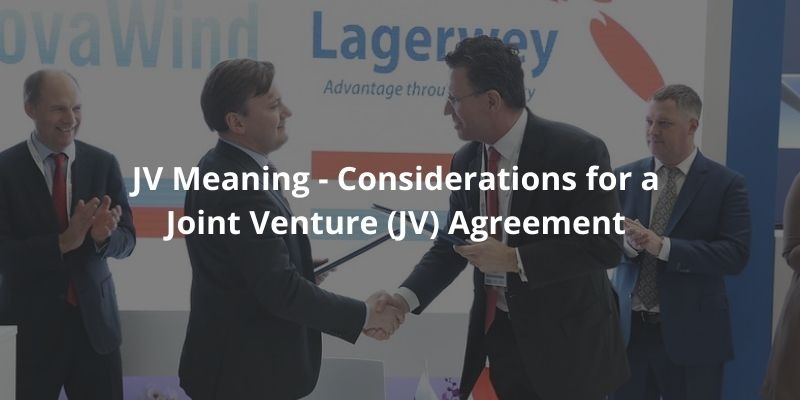
9 Jun 2020
9 min read
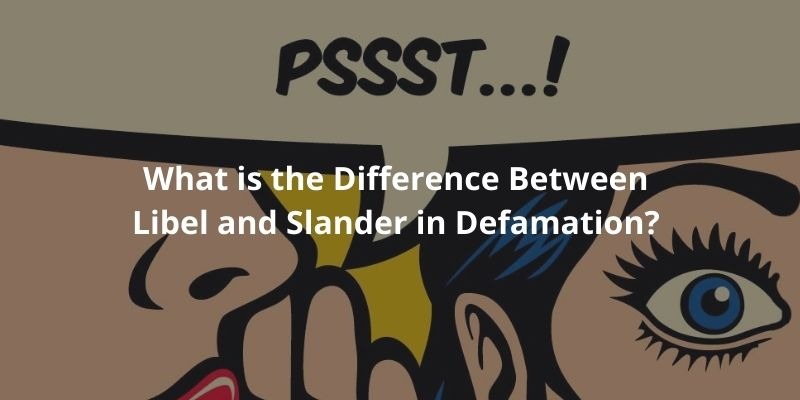
8 Jun 2020
8 min read

4 Jun 2020
5 min read
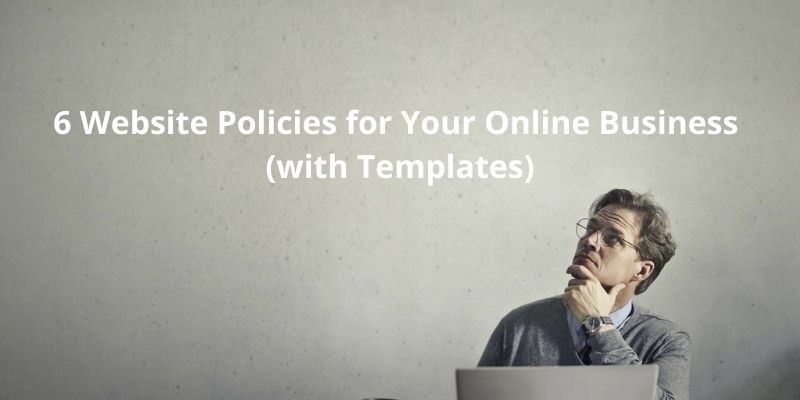
4 Jun 2020
8 min read
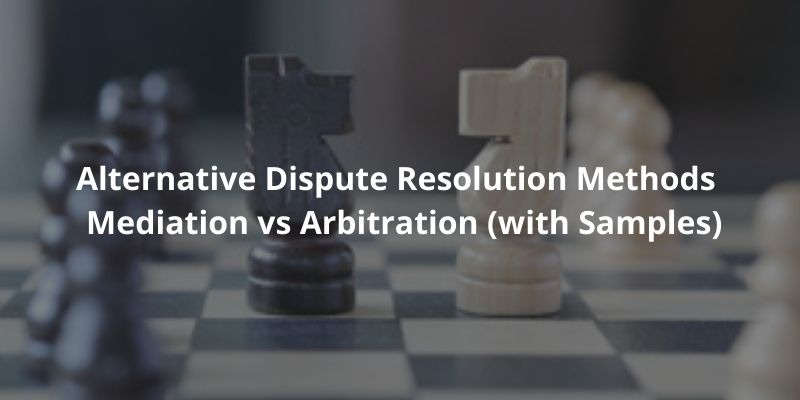
2 Jun 2020
10 min read
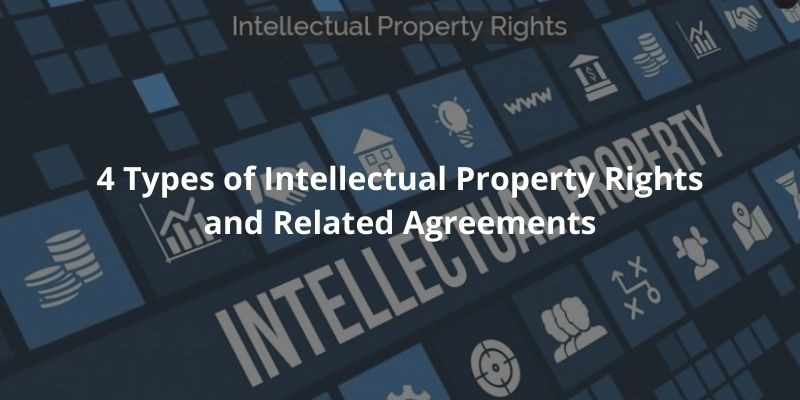
28 May 2020
13 min read

25 May 2020
8 min read

1 May 2020
10 min read

1 Apr 2020
6 min read
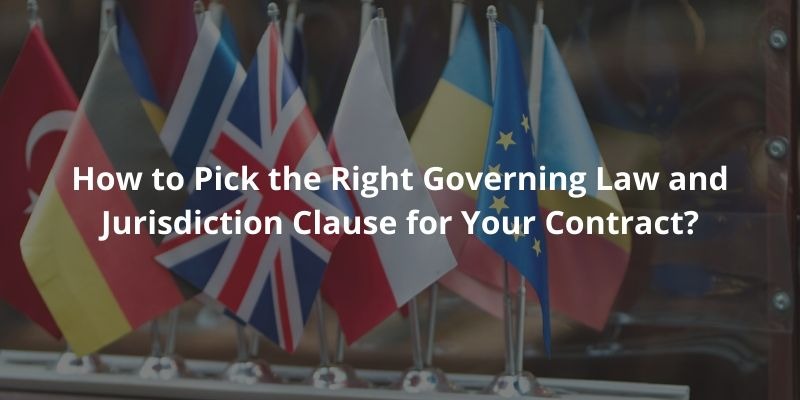
1 Mar 2020
11 min read
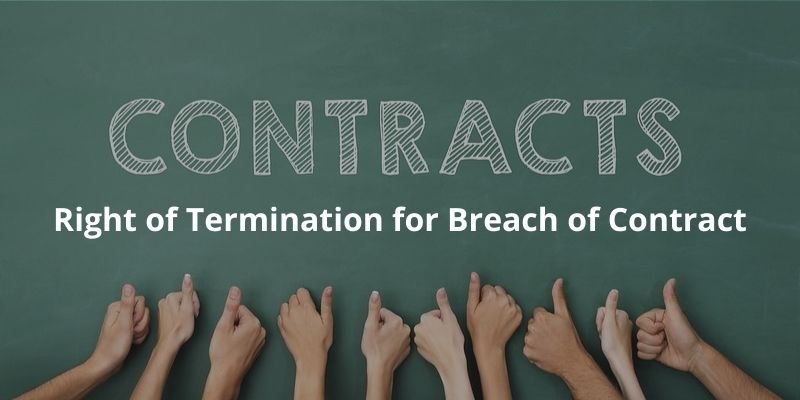
1 Feb 2020
11 min read
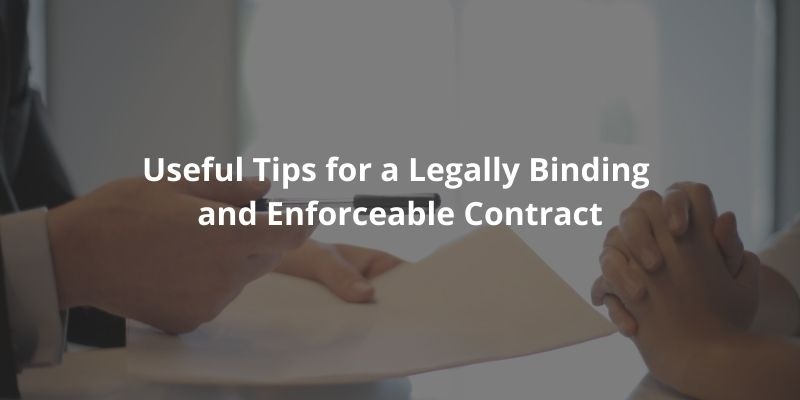
8 Jan 2020
9 min read

1 Jan 2020
1 min read
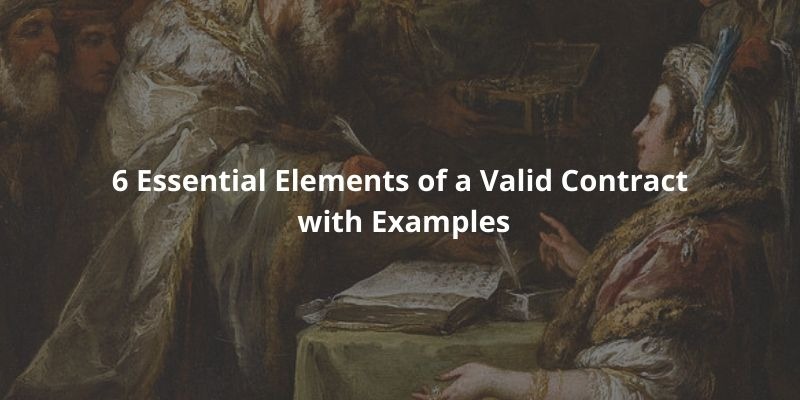
10 Dec 2019
7 min read

26 Nov 2019
8 min read

5 Nov 2019
5 min read

24 Oct 2019
3 min read

1 Oct 2019
1 min read

1 Oct 2019
1 min read








